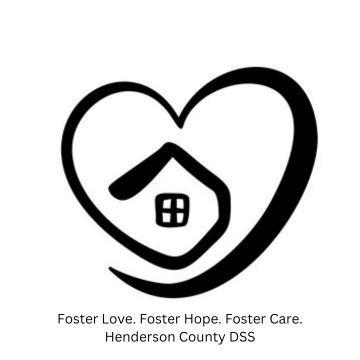Foster Care - TIPS-MAPP Training Program
Henderson County Department of Social Services only provides TIPS-MAPP training three times a year. Since we need dedicated families and space is limited we require the following be completed before we will allow you to attend the first night of class. YOU MUST:
- Submit a preliminary application
- Complete an initial home visit, to preview the appropriateness of your space for a child, and address any safety issues
- Complete a set of fingerprints-Through Henderson County DSS (even if you have been through this process before)
- Must be willing to attend "all" 8 classes once dates have been determined.
Please call (828) 694-6249 to find out our next available class schedule.
Description of Each Meeting
TIPS-MAPP is broken down into 8 classes at 3 hours a session.
Through TIPS-MAPP training, Henderson County Department of Social Services will prepare you to be a knowledgeable and capable Foster Parent. We will clarify any expectations you might have in your role as a foster or adoptive parent, plus help you develop skills in working with children who have been sexually abused, physically abused, abandoned or emotionally mistreated. All class activities and content are directed in enabling potential parents to make an informed decision about whether the foster parent role, the adoptive parent role or neither role is appropriate for them.
* Both parents in a two-parent household must attend this training
**Childcare is available during some classes, dependent on the class location.

